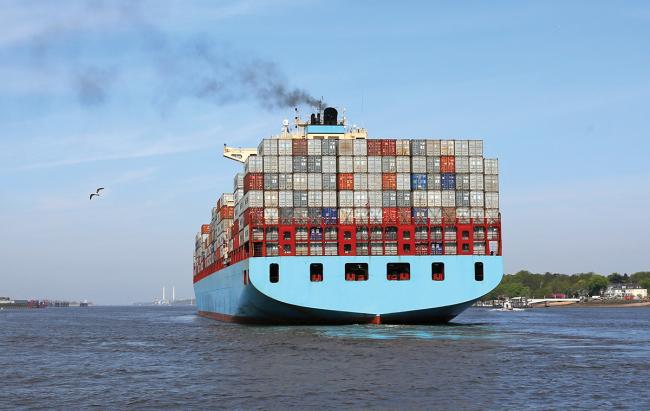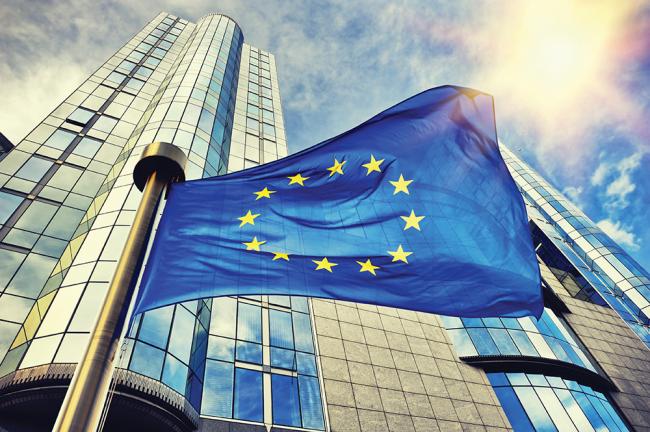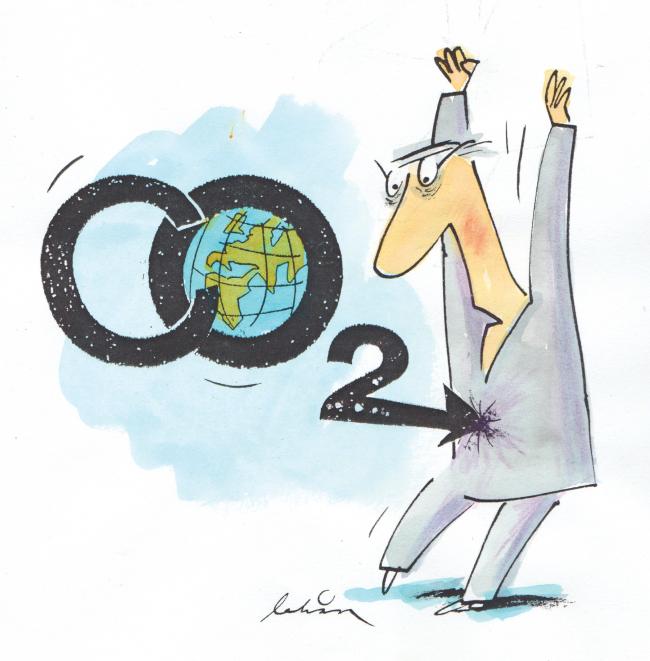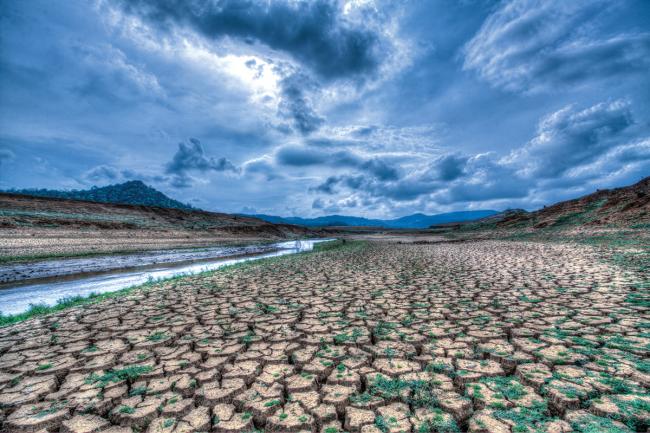Official UK dietary advice, known as the Eatwell Guide, could reduce the risk of premature death by an estimated 7% and contribute to a significant reduction in greenhouse gas emissions – if it is followed. A study based on observational data from the UK’s National Diet and Nutrition Survey found that those who adhere to five or more of the nine dietary guidelines could reduce their risk of premature death by an estimated 7% and at the same time decrease their carbon dioxide emissions from food consumption by 30%.
Increased consumption of fruit and vegetables proved to be the single most important dietary change to decrease the risk of premature mortality, while reduced meat consumption was one of the most important factors concerning greenhouse gas emissions. However, most people in the UK do not stick to these guidelines. The study shows that only 0.1% of the UK population are able to comply with the national dietary guidelines and 30.6% adhere to at least five of them. And even if all guidelines were followed, it would not be sufficient to achieve the objectives of the Paris Agreement. More transformative dietary changes are needed.
These finding are confirmed by a recent study, published by EAT, that investigated current patterns of food consumption and analysed the efficiency of national dietary guidelines in G20 countries in relation to human health and environmental sustainability. The research found that most of the national dietary guidelines (NDGs) are not ambitious enough to reach the goal of limiting global warming to 1.5°C. Only a few G20 countries include environmental impacts in their NDGs and adherence to the guidelines is very low throughout these countries.
Only China and Indonesia have current consumptions patterns in line with what is needed to protect the health of people and planet, according to the study. Making sustainable and healthy food choices is one of the single most powerful actions an individual can take to fight climate change. The G20 countries have an opportunity to influence these choices by raising the level of ambition in their NDGs.
The report “Health impacts and environmental footprints of diets that meet the Eatwell Guide recommendations: analyses of multiple UK studies”: https://bmjopen.bmj.com/content/10/8/e037554
The report “Diets for a better future”:
https://eatforum.org/knowledge/diets-for-a-better-future/












